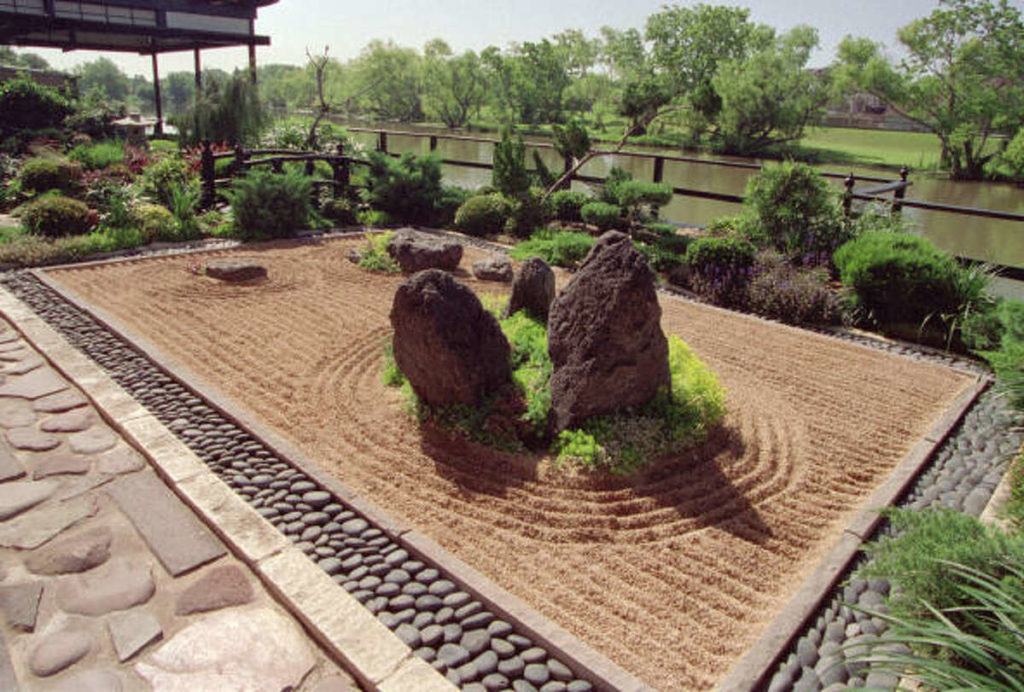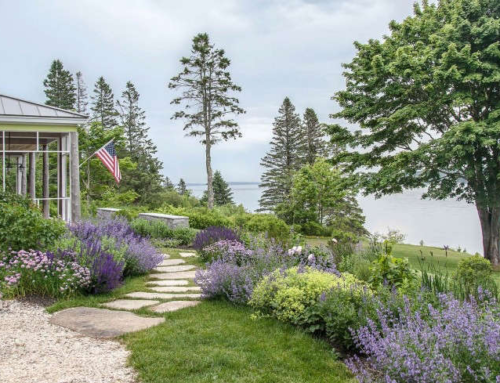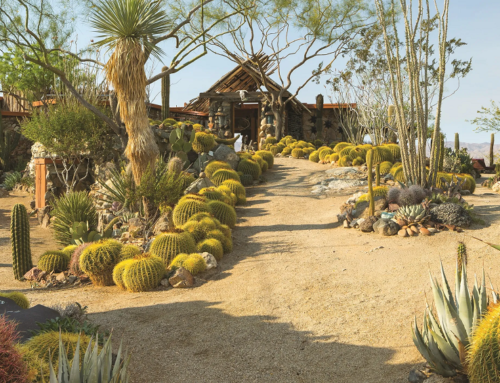Zen Gardens: Cultivating Tranquility and Serenity in California Landscapes
In the fast-paced and often chaotic world we live in, finding moments of tranquility and serenity is becoming increasingly important. This is where the niche of Zen gardens comes into play, offering homeowners in California the opportunity to create outdoor spaces that evoke a sense of peace, harmony, and mindfulness. Inspired by Japanese aesthetics and philosophy, Zen gardens provide a haven of calm and a place for reflection.
Zen gardens, also known as Japanese rock gardens or dry gardens, are designed to create a sense of simplicity, balance, and serenity. These gardens typically consist of carefully arranged elements such as rocks, gravel or sand, and sparse plantings. The focus is on creating a minimalist landscape that allows for contemplation and meditation.
One of the key elements of Zen gardens is the use of rocks. Rocks are chosen and placed with great care to represent mountains or islands, symbolizing strength, stability, and a connection to nature. They are strategically positioned to create a sense of balance and harmony within the garden. Raked gravel or sand is often used to represent water or waves, adding a fluid and calming element to the landscape.
Zen gardens also incorporate elements of asymmetry and simplicity. The arrangement of rocks, the patterns in the gravel, and the positioning of plants are intentionally done in an unforced and natural way. This creates a sense of flow and a feeling of being in harmony with the surroundings.

Plants in Zen gardens are kept to a minimum, and when they are included, they are carefully chosen to complement the overall design. Evergreen trees, such as Japanese maples or bonsai, are commonly used to provide a sense of permanence and a connection to nature throughout the seasons. Moss, ferns, or small ground covers can also be added to create textural interest and add a touch of green to the landscape.
The simplicity and mindfulness associated with Zen gardens make them an ideal space for meditation and contemplation. The clean lines, sparse plantings, and absence of clutter allow for a clear and focused mind. Homeowners can create seating areas or small stone benches within the garden to provide a quiet place for reflection and relaxation.
In addition to their aesthetic appeal, Zen gardens offer several benefits for homeowners. The minimalist design and low-maintenance nature of these gardens make them ideal for those seeking a serene and hassle-free outdoor space. Zen gardens require minimal watering and upkeep, allowing homeowners to spend more time enjoying the tranquility of the garden rather than tending to its maintenance.
Furthermore, Zen gardens provide a sanctuary within the bustling urban environment of California. They offer a retreat from the noise and distractions of daily life, allowing homeowners to reconnect with themselves and find a sense of inner peace. The act of raking the gravel or sand in the garden can be a meditative practice, providing a sense of focus and relaxation.
In conclusion, Zen gardens offer homeowners in California a way to cultivate tranquility and serenity within their landscapes. By embracing the minimalist design, balance of elements, and mindful aesthetics of Japanese gardens, homeowners can create outdoor spaces that provide a haven of peace and a respite from the busyness of modern life. Whether used for meditation, reflection, or simply enjoying the beauty of simplicity, Zen gardens offer a transformative experience that enhances well-being and brings a sense of calm to the landscape.






Leave A Comment
You must be logged in to post a comment.